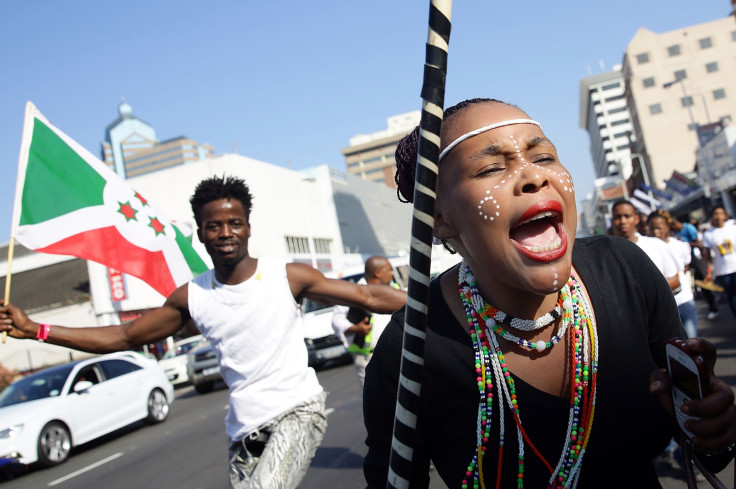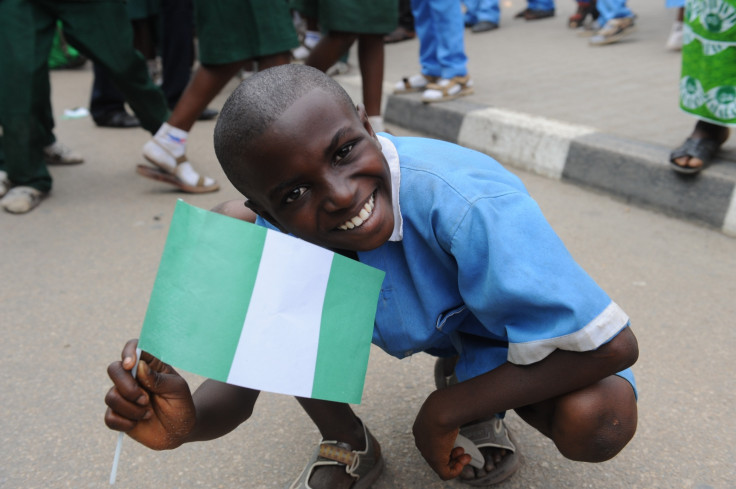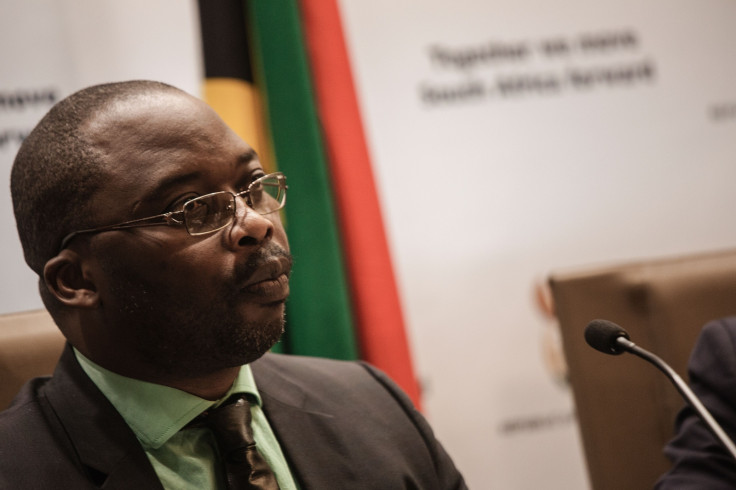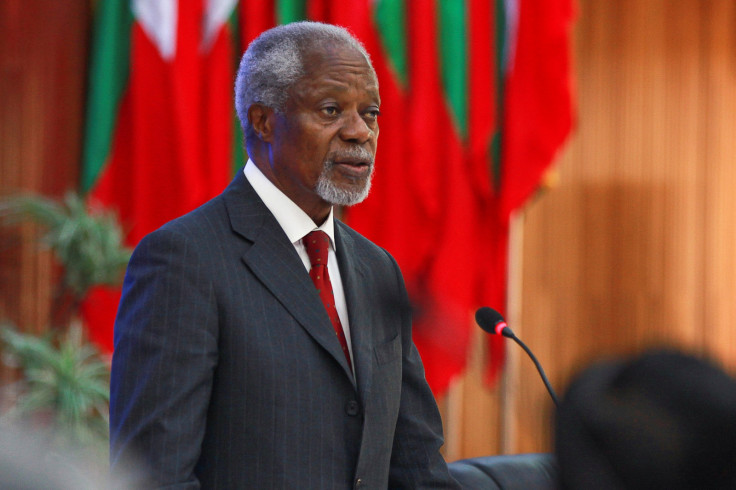Which African states slammed Burundi, South Africa and Gambia's withdrawal from ICC?
Burundi, South Africa and Gambia's decision to leave the ICC generated widespread support for the ICC.

The International Criminal Court (ICC) Chief Prosecutor has had a difficult few weeks. Having faced the withdrawal of three African states – Burundi, South Africa and Gambia – Fatou Bensouda has to persuade other African presidents that the world court is not persecuting and humiliating Africans, effectively countering a a mass exodus from the court.
While the exit club's decision to leave the ICC generated widespread speculation about who may be next to follow suit, a growing number of African states have come out in defence of the court, which investigates and prosecutes cases of genocide, war crimes and crimes against humanity.
IBTimes UK looks at who said what, and where.
West Africa
Ivory Coast's president, Alassane Ouattara, who was elected in 2015, confirmed his country has no intention of leaving the ICC. Describing the trio's exit from the court as "sovereign decisions", he told Réveil FM: "Ivory Coast is not considering it".
The nation's former President Laurent Gbagbo is standing trial at the ICC for war crimes linked to the civil unrest. He is accused of having started a campaign of rape, intimidation and violence against opposition supporters.
Nigerian envoy Tiwatope Adeleye Elias-Fatile on 31 October told United Nations General Assembly he acknowledged the ICC's "increasing acknowledgement of its relevance as an apt instrument to fight impunity". The Nigerian said his country remains a committed member of the ICC and reiterates its "support and cooperation with the court".

During the same meeting, Senegal's representative emphasised that strengthening the relationship between Africa and the ICC should be of the highest priority, given the trio's recent decisions to withdraw from the court. "Senegal still hopes that a dynamic consensus could be found so that Africa could play a major role against impunity," Fode Seck said, highlighting that the needs of victims could not be disregarded in the "era of accountability".
Earlier last month, Sierra Leone government spokesman Ajibu Tejan Jalloh affirmed that the country will not quit the ICC and that Sierra Leone is "committed to peace and justice in our country. We are respectful to international treaties and the ICC is good to stay on," the spokesman said, insisting on his country's commitment to fighting impunity for the most heinous crimes committed around the world.
- East Africa
Members of the African Union in February backed a Kenyan proposal to push for withdrawal from the ICC, and Kenya said it was monitoring African withdrawals "with very keen interest".
While Kenya and Uganda have been vocal critics of the court, bordering Malawi's Foreign Minister Francis Kasaila said on October 28 that, "Malawi will not be pressured to leave the ICC by its neighbours."
Tanzania's representative Tuvako Nathaniel Manongi echoed this, when he told the UN General Assembly on October 31 that the establishment of the ICC "became an inspiration against impunity and injustice. The promise and hope is still relevant today, if not more urgent."
Southern Africa

With South Africa becoming the second African country to announce its decision to pull out of the ICC, diplomatic rows have been brewing in the region.
Following Pretoria's announcement, the government of Botswana said it regretted its neighbour's decision and the countries have been at loggerheads over the issue. Foreign Minister Pelomoni Venson-Moitoi on October 26 added: "Pulling out [of the ICC] is not the solution. We should be working towards fixing" the court.
"Botswana is convinced that as the only permanent international criminal tribunal, the ICC is an important unique institution in the international criminal justice system. Botswana, therefore, wishes to reaffirm its membership of the Rome statute and reiterate its support for a strong international criminal justice system through the ICC," the country's representatives said in a statement to the UN.
Facing its own troubles following a disputed election and the controversial arrest of opposition leaders, Zambia joined its neighbour in supporting the ICC. Its vice president, Inonge Wina, told Zambia's parliament on October 28 that "the status of Zambia's membership" in the ICC has not changed.
High-level African personalities and activists
A number of African personalities and activists have also expressed their regrets towards the trio's decision, and called for countries that are looking to leave to reconsider pulling out.
A coalition of 24 African and international organisations – including Human Rights Watch (HRW), the International Commission of Jurists and the Foundation for Human Rights Initiative – called South Africa's withdrawal "a slap in the face for victims". In a statement on 22 October, the group urged African countries "to affirm their commitment to the ICC".
The African Group for Justice and Accountability (AGJA) – which includes former Central African Republic President Catherine Samba-Panza, former UN High Commissioner for Human Rights Navi Pillay, and former South African Constitutional Court Justice Richard Goldstone – said it was "deeply concerned" about the ICC withdrawals.

"While the AGJA respects the sovereign rights of states to join and withdraw from the ICC, it urges all states to work within the Rome Statute system and continue their support for the court," the group said in a statement on 26 October.
Finally, the Elders, a group of independent leaders founded by the late President Nelson Mandela and which today includes former UN Secretary-General Kofi Annan, Nobel Peace Laureate Desmond Tutu and international women's and children's rights advocate Graça Machel.
Finally, the Elders – which includes former UN Secretary-General Kofi Annan, Archbishop Emeritus of Cape Town and Nobel Peace Laureate Desmond Tutu, and international women's and children's rights advocate Graça Machel, shared the same message.
"The ICC should be a source of hope to those victims of serious abuses whose domestic judicial systems have let them down," Annan said in a statement on 26 October.
"The ICC is not perfect and its reach needs to be expanded. But the ICC remains a crucial global court of last resort," HRW added on 3 November.
© Copyright IBTimes 2025. All rights reserved.






















